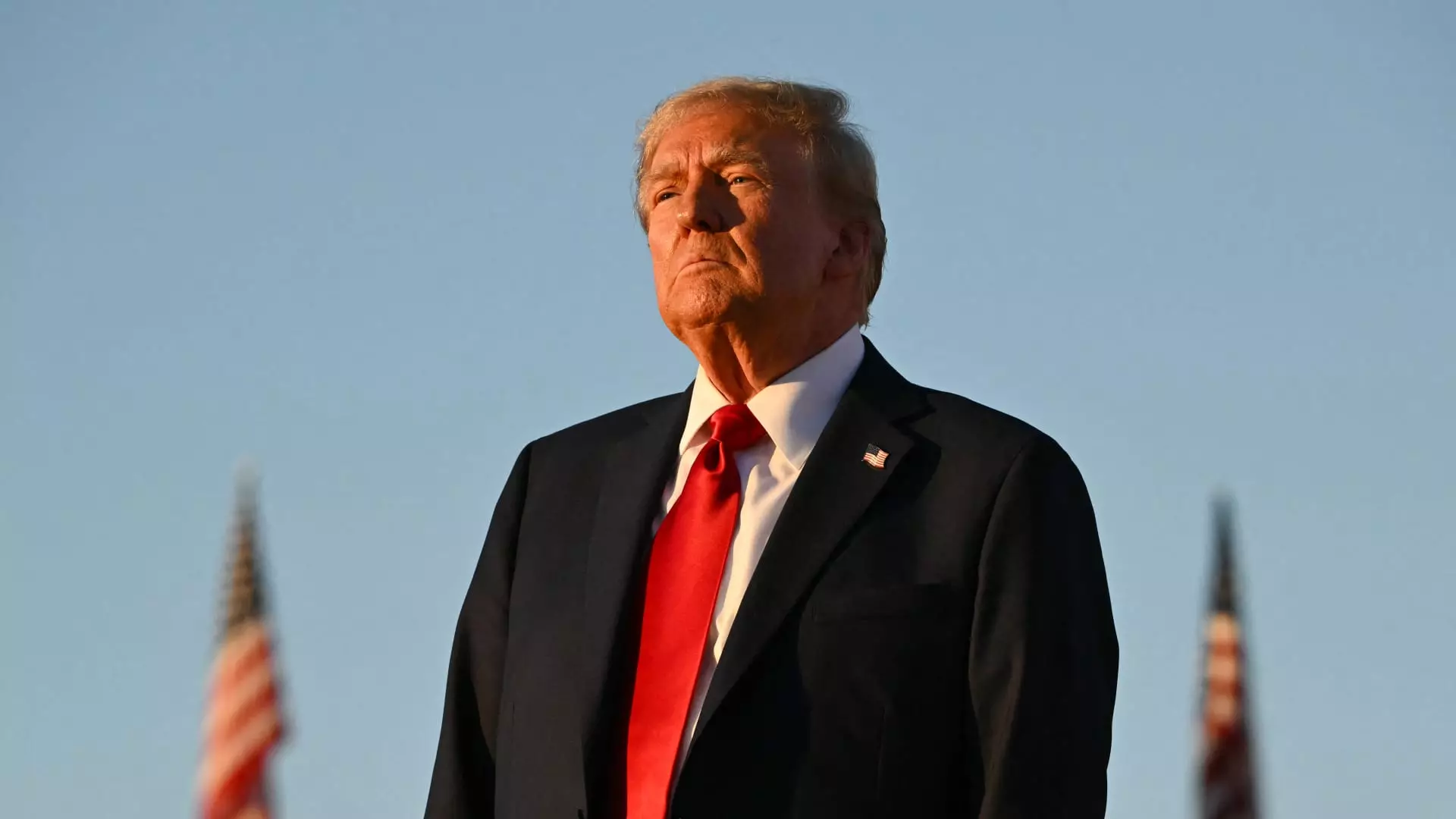In a fierce statement that reverberated through the political landscape, Vice President Kamala Harris addressed alarming comments reportedly made by Donald Trump regarding Adolf Hitler. Her remarks come in the context of a charged political climate, just days before a pivotal presidential election. Trump’s past comments, as recounted by his former chief of staff John Kelly, paint a portrait of a man with authoritarian tendencies and a troubling admiration for figures associated with totalitarian regimes. Harris articulated these concerns with urgency, highlighting the potential consequences of electing a leader whose ideals hark back to some of history’s darkest chapters.
Harris’ Concerns on Loyalty and Governance
Harris declared that the military’s allegiance should lie with the Constitution and the American people, not a singular leader. This distinction is crucial in a democracy, where checks and balances are foundational. The Vice President’s assertion that Trump desires “unchecked power” raises significant alarms about governance and accountability. It suggests that Trump may prioritize personal loyalty over civic duty, a critical issue that could undermine the very fabric of American democracy if left unchecked. The implication of these statements serves to remind voters of the potential hazards of a presidency that leans toward dictatorial governance.
Historical Context and Its Lessons
The invocation of Adolf Hitler is not merely hyperbolic; it acts as a reminder of the dangers posed by leaders who seek to consolidate power. Harris’ commentary aligns with historical lessons on authoritarianism. By connecting Trump’s aspirations to those of a dictator, Harris not only contextualizes Trump’s statements but also urges voters to ponder the ramifications of complacency in the face of rising authoritarian sentiments. The mention of Hitler induces a gravity that cannot be overstated, acutely reminding citizens of the atrocities committed under such regimes and encouraging them to scrutinize the implications of their electoral choices.
As early voting has commenced, Harris’ remarks serve as both a warning and a call to action. She underscores a critical point: the choice the American electorate faces extends beyond candidates and policies; it’s about safeguarding democracy itself. With millions of Americans already casting ballots, the stakes have never been higher. The question looms—what kind of governance do Americans want, and what values must be upheld? The urgency is palpable, as Harris suggests that the absence of figures like Kelly, who attempted to moderate Trump’s more extreme impulses, means that unchecked power could lead to disastrous outcomes.
The discourse instigated by Harris not only highlights the immediate political landscape but also serves as a broader commentary on the health of American democracy. As the election draws near, each voter must reflect on the implications of their choices—whether to foster a government that upholds democratic principles or to allow a shift toward authoritarianism. The stakes are clear, and as Harris eloquently states, the question remains: in the coming days, what will the American people ultimately decide?


Leave a Reply